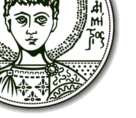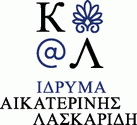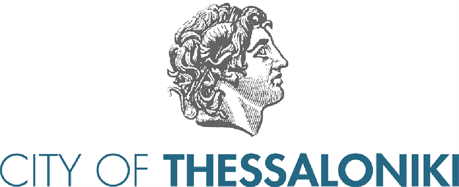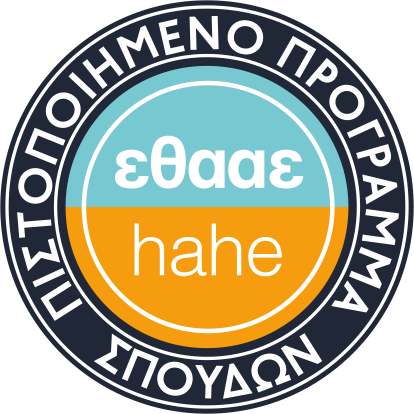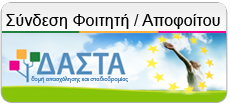15th Trends in Classics - Description
Department of Classics, Aristotle University of Thessaloniki
Department of Literary Studies and GICS, Ghent University
Faculté des Humanités, Département des Langues et Cultures Antiques, University of Lille
15th Trends in Classics International Conference
Labor imperfectus:
Unfinished, Incomplete, Partial Texts in Classical Antiquity
Thessaloniki, June 27-29, 2022
Conference Venue
Auditorium I
Aristotle University, Research Dissemination Center
September 3rd Avenue, University Campus
http://kedea.rc.auth.gr
A great number of ancient Greek and Latin texts have been handed down to us in incomplete or unfinished form. They belong to disparate literary genres, discourses, historical periods and intellectual contexts, and they are incomplete for a variety of reasons. In many cases the manuscript tradition (most often because of a physically damaged or anthologized or excerpted archetype) results in texts which are for us irreparably mutilated, whether at the beginning, in the middle, or at the end. Some texts are “unfinished” in the sense that their authors, for whatever reasons, did not complete them, or fully revise or polish them, before publication. Finally, there are also a number of texts which implicitly or explicitly thematize their own substantive “unfinishedness.”
The organizers of this conference, both Latinists but with different areas of expertise (classical poetry and late antique literature), are not primarily interested in offering an exhaustive classification of the range of types of unfinished, partial, or incomplete texts. Rather, the central questions concern how and to what extent the very fact that many of the ancient texts we read are unfinished or incomplete has influenced and still influences their aesthetic perception and interpretation. We also suggest that scholarly discussion of unfinished texts ends up also involving works which have been transmitted as “complete,” and therefore deserve to be a central issue in literary studies.
But, while such texts by no means represent an exceptional scenario for classicists -- many incomplete texts, both canonical and marginal to the literary system, are at the center of classical scholars’ hermeneutic universe -- there is no widely available interpretive framework for interpreting these texts, in terms of typology and critical assessment.
This conference will address the following questions:
- are there specific methodologies for interpreting texts of this kind? If so, with what premises and purposes?
- how relevant are authorial intentions, given that in many cases the unfinished quality of these texts is not the result of a conscious authorial choice?
- are there any indicators that allow the readers to comprehend (for example) possible reasons for the incompleteness, or to work on hypotheses about possible closures?
- how do various editorial arrangements of texts in fragments or in corpora influence the reconstruction of a closure?
Since it is for us equally important to put in perspective our own modus operandi and critical attitudes as classicists, and following the example of previous conferences in the series “Trends in Classics”, we intend to involve scholars from other fields such as modern and comparative literatures, cultural studies and art history.
Organizing Committee:
Jacqueline Fabre-Serris, University of Lille
Marco Formisano, Ghent University
Antonios Rengakos, Aristotle University of Thessaloniki & Academy of Athens
Stavros Frangoulidis, Aristotle University of Thessaloniki
For further information, please contact:
Stavros Frangoulidis (frango@lit.auth.gr)
The organizers would like to acknowledge the kind and generous support of:
 |  | |
